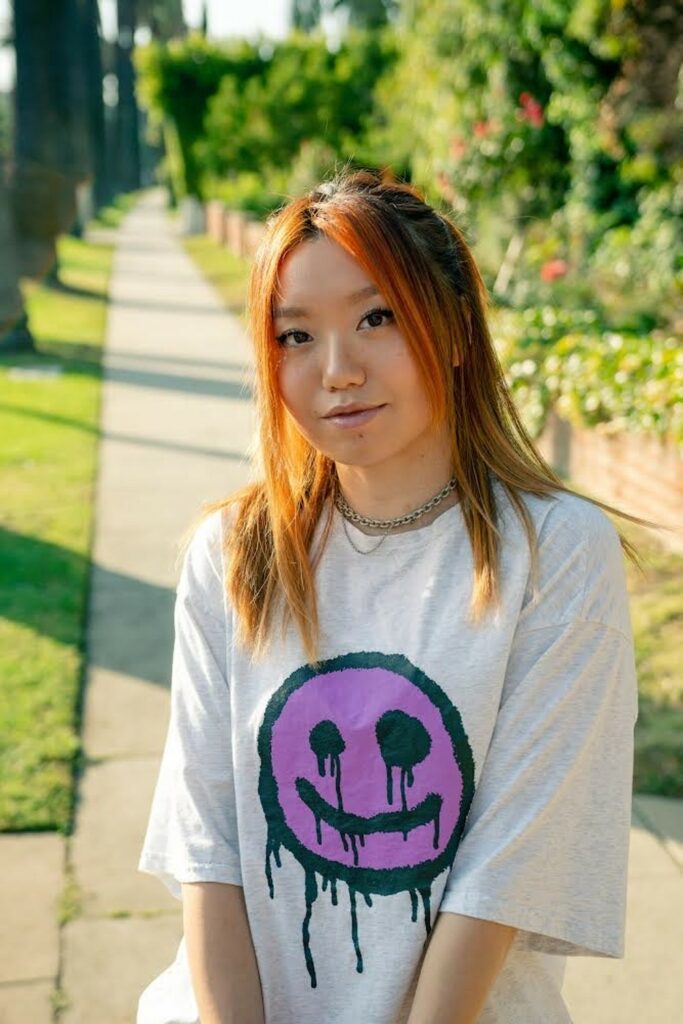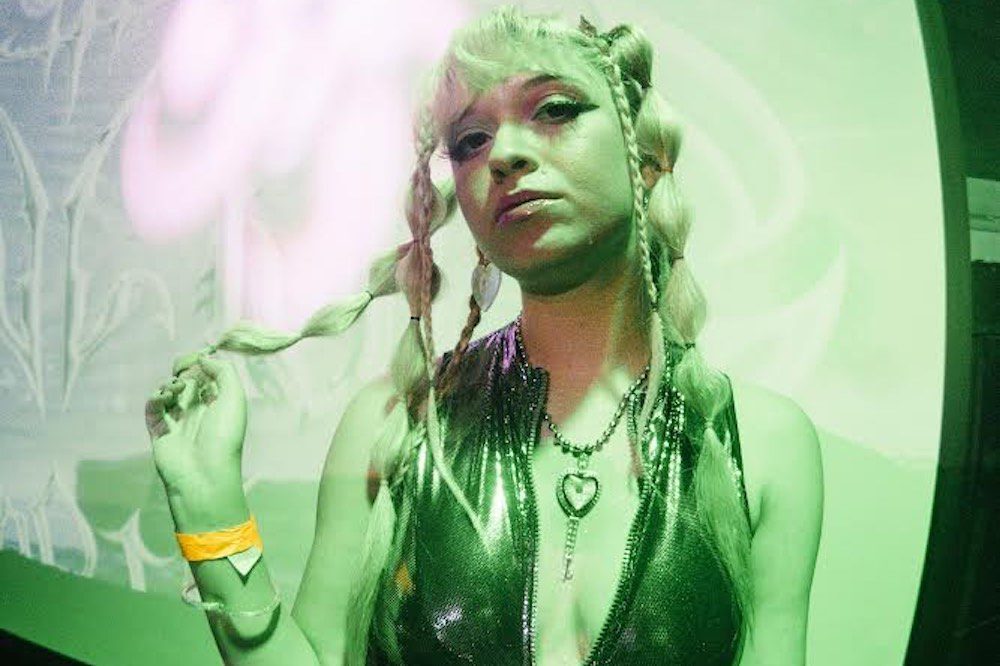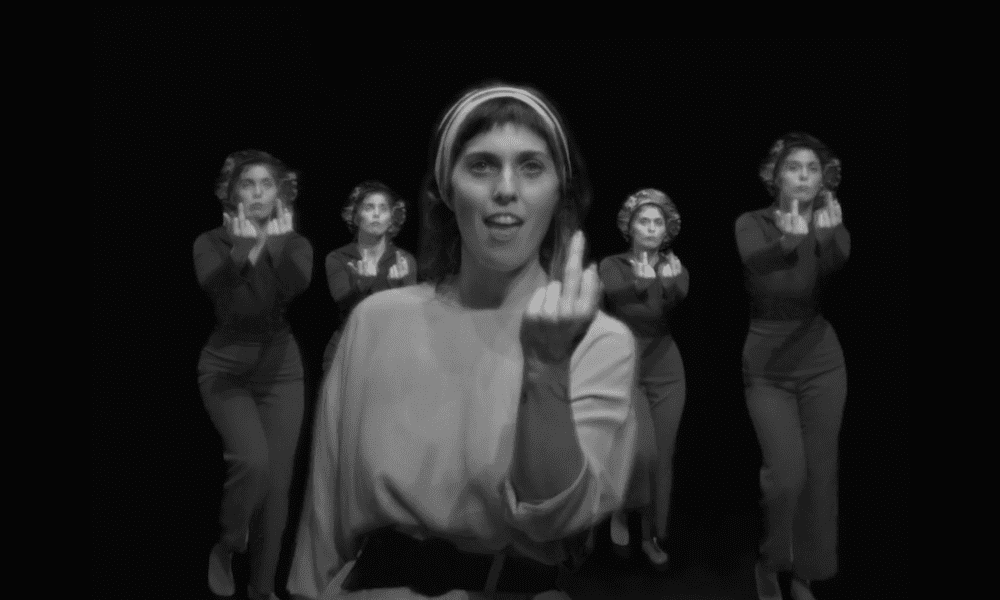

To some, the Barbie doll has come to represent many of the evils of patriarchy, from stereotypical gender roles to unrealistic beauty standards. But in her upbeat, danceable electronic single “Barbie,” electro-house DJ/producer CHYL reclaims the iconic toy as the symbol of a woman who goes on adventures and wears many shoes, both literally and figuratively.
Against a mix of heavy house and hip-hop beats, Aquadolls vocalist Melissa Brooks, who collaborated with CHYL on the bass house song, repeats the sassy monotone refrain: “I’m a real life Barbie.” Contrary to many people’s conception of the Barbie, she sings about flaunting her wealth, being busy with phone calls, and not needing a man: “Wanna talk to me now/You should call me later/You know I got a lot to do/And you should know that I don’t trade that.”
“When you listen to the first couple lines of the lyrics, you might think that me and Melissa are talking about being a pretty girl,” says CHYL. “But it’s not really about that — we’re talking about being a girl who is a badass but also really cute. Who says you can’t be a cute girl? Who says you have to be a cute girl but also be dependent on men? So we wanted to talk about being a girl who’s independent, who makes her own rules, who plays a lot of roles, and people can respect that.”
That’s a persona CHYL felt that Brooks represented, which was why she sought her out to sing the lyrics. “She’s a very independent, very strong girl but also looks good all the time,” she says. “She’s very cute in person, she’s very humble, and overall a very high achiever, so I love her style and thought she’d be the perfect person to be the vocalist on this song.”

CHYL conceived of the song to fill a void in the male-dominated electronic music genre, where she noticed a lack of feminist lyrics. “There aren’t that may songs celebrating women and girls in electronic music,” says CHYL. “Most of the songs just talk about being in a club or people falling in love, and I wanted to break that boundary of having a song that celebrated being a woman.”
Given that under three percent of producers are women, she hopes the unabashedly feminine song might inspire other women to become producers.
CHYL, who grew up in China and Canada but is currently based in LA, produced the instrumentals first then collaborated with Brooks on the lyrics before recording the vocals with her, a process she says took several months. “It took me a while to come up with the bass line that I’m satisfied with, the beats that we’re actually comfortable releasing,” she says. “We recorded so many different versions of the song.”
The end product is a fun, choppy mish-mash of house drums, subtly auto-tuned vocals (she used a plugin called Fresh Air that brings out the high notes), and dreamy bells and sprinkling effects in the dramatic drop. “I tried to put a girly touch, and I feel like you can hear that,” she says. “The effects were very sparkly and fun.”
CHYL has released six singles so far, all this year, and is working on a number of others. She hopes to release an EP in the near future but for now is focused on two singles called “Bestie” and “Bitch Mode,” which she likes to think of as complements to “Barbie,” since they’re all “female-themed” and feature female vocalists she hand-selected.
CHYL — a moniker that came from the second syllable of her first name, Rachel — began listening to EDM while she was studying economics in college, but she didn’t think initially about doing music professionally; she went on to work on Wall Street instead. “I was mentally suffering a lot from the job and getting a little bitt depressed,” she remembers. “Over the course of two years in finance, I realized that electronic music is my true passion.” She began DJing at clubs but decided she wanted to produce the music herself, so she attended a year-long intensive music production program in LA, and graduated in April.
Having switched seamlessly between the roles of businesswoman, DJ, and producer, she’s a fitting model for a “real life Barbie” — something every woman has perhaps been in some way, at least by her definition.
“I just hope the song can reach as many girls as possible around the world, and I hope girls can feel empowered and uplifted while listening to this song and also have fun with it and dance with it,” she says. “It’s meant to be a fun, empowering anthem for women.”
Follow CHYL on Instagram for ongoing updates.


